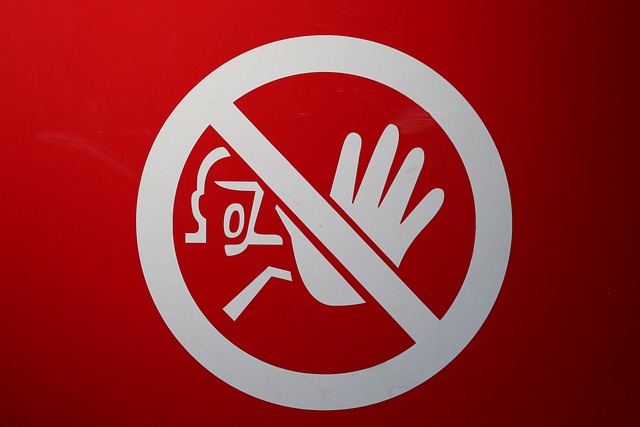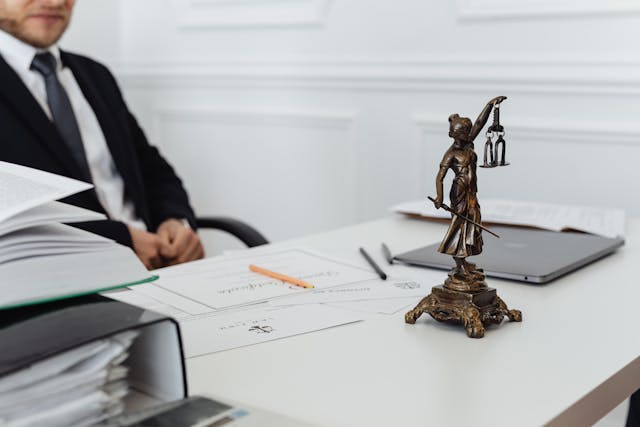What Should You Do If You Receive a Copyright Violation Notice?

It’s a moment that can make any website owner or content creator panic — receiving an email or letter stating that you’ve violated someone’s copyright. Whether you’re running an online business, managing a blog, or hosting user-generated material, a copyright notice can seem intimidating. However, knowing what to do next can make the difference between a minor inconvenience and a costly legal battle.
Understanding What a Copyright Notice Means
When you receive a copyright notice, it’s essentially an official claim that material you’ve published — such as text, images, videos, or music — belongs to someone else and was used without permission. Sometimes, this notice is sent through a legal representative; other times, it comes via platforms like Google, YouTube, or social media channels. Each system has its own enforcement process, but all rely on the same core idea: protecting intellectual property rights.
Many businesses turn to tools and professionals like the dmca takedown notice system to handle such claims swiftly and within legal boundaries. These services ensure that content removal requests are handled correctly, reducing risks and maintaining compliance with copyright law.

First Steps After Receiving a Notice
Before reacting impulsively, it’s crucial to take a methodical approach. Not every copyright claim is legitimate, and mishandling your response can lead to unnecessary losses or even legal exposure.
Here are some immediate actions to take once you’ve been notified:
- Read the notice carefully: Identify the allegedly infringing material and confirm where it’s located on your site or platform.
- Check the sender’s identity: Make sure the claim comes from a verified source or legitimate rights holder, not a spammer or competitor.
- Gather evidence: Keep records of your original content creation, licenses, or purchase receipts to prove ownership or proper usage rights.
- Temporarily remove the content: If you suspect the claim may be valid, take down the material to prevent further issues while you investigate.
- Consult legal advice: Contact a copyright attorney or a specialized firm to evaluate your options before responding officially.
Common Reasons Copyright Notices Are Sent
Understanding why copyright notices occur can help prevent future violations. While some claims are straightforward, others arise from confusion or automated detection tools that mistakenly flag content. The most frequent causes include:
- Using stock images or music without verifying the correct license type.
- Uploading media created by third parties without explicit permission.
- Republishing or quoting large portions of copyrighted articles.
- Hosting user submissions that include copyrighted material.
- Failing to attribute content properly under Creative Commons or similar licenses.

When and How to Challenge a Claim
Sometimes, you might find that the claim is false or unjustified. In such cases, you have the right to file a counter-notice. This process allows you to explain why the material should remain online, supported by evidence of your rights to use it. However, it’s vital to ensure your argument is well-documented — submitting a counter-notice without solid proof could escalate the dispute and expose your business to penalties.
If you operate on large platforms like YouTube or Google, their internal systems manage these disputes automatically. Once you submit a counter-claim, the content may be restored unless the original claimant pursues legal action within a set timeframe, typically 10 to 14 business days.
Protecting Your Content Going Forward
Preventing future copyright issues requires a proactive strategy. Businesses and creators can adopt clear content policies, maintain detailed licensing records, and use plagiarism detection software. Training your team to understand the basics of intellectual property law can also reduce accidental violations. The more transparent your content workflow is, the less likely you’ll face takedown notices or disputes.
Receiving a copyright violation notice doesn’t necessarily mean you’re in the wrong — but ignoring it can be disastrous. By handling it with professionalism, verifying every claim, and maintaining strong content documentation, you can protect your business, your reputation, and your creative integrity in the digital world.